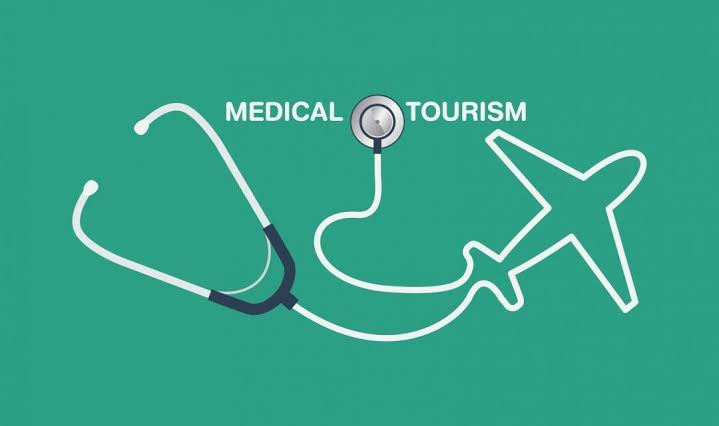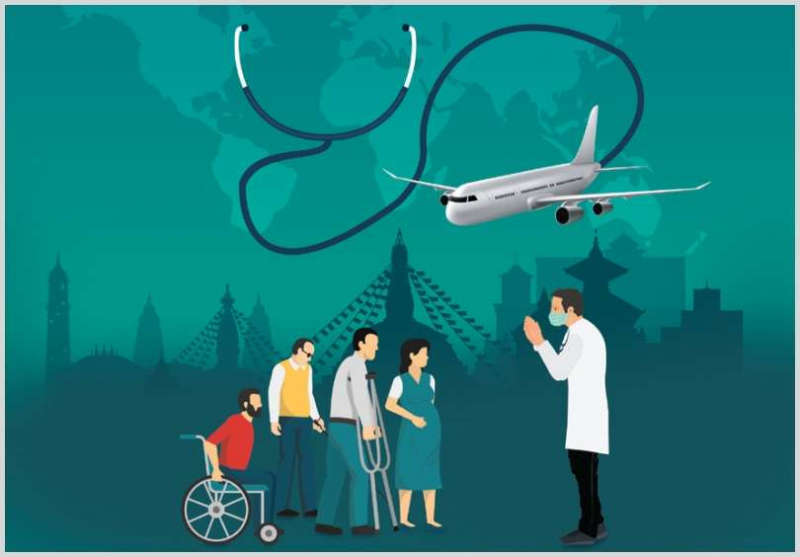Medical Tourism

People who travel overseas for medical treatment are said to engage in medical tourism. Historically, this referred to those seeking care that was not available to them at home and who traveled from less developed nations to major medical centers in developed nations. However, in recent years, it may also be used to describe people from affluent nations that visit developing nations for less expensive medical care. There are many medical agencies around the world that decide whether or not a drug is allowed in their nation (FDA, EMA, etc.). Therefore, the motive could also be due to medical treatments that are unavailable or not licensed in the home country. Even within Europe, although therapy protocols might be approved by the European Medical Agency (EMA), several countries have their own review organizations in order to evaluate whether the same therapy protocol would be "cost-effective", so that patients face differences in the therapy protocols, particularly in the access of these drugs, which might be partially explained by the financial strength of the particular Health System.
Although people also travel for dental tourism and reproductive tourism, surgeries (cosmetic or otherwise) and comparable treatments account for the majority of medical tourism. People with rare diseases may visit nations where the medical care is more known. However, practically all forms of healthcare, including as psychiatry, complementary medicine, convalescent care, and even funeral services, are accessible. A more general word for travel that emphasizes medical procedures and the usage of healthcare services is "health tourism". It encompasses a broad spectrum of medical tourism, from preventive and health-promoting treatments to restorative and curative travel.











